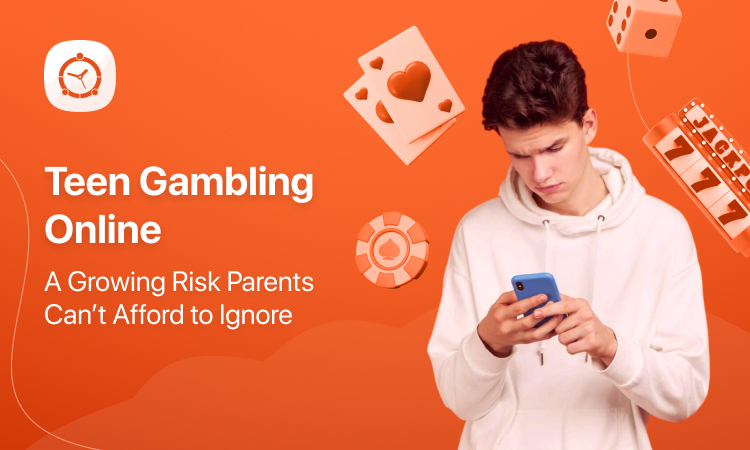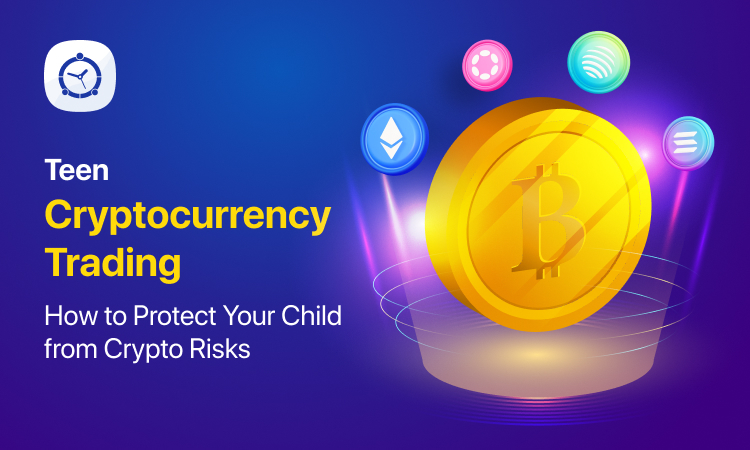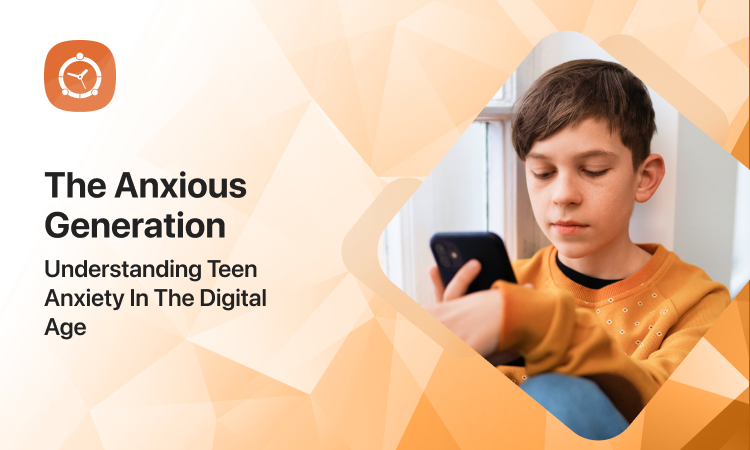As online gambling platforms become more sophisticated and accessible, a concerning trend is emerging: teenagers are increasingly exposed to gambling content, often without their parents’ knowledge. With flashy ads, influencer promotions, and game mechanics that mimic real-world betting, the digital world is quietly pulling minors into high-risk behavior.
The Rise of Online Gambling Among Teens
Gambling is no longer limited to casinos or betting shops. In seconds, anyone with a smartphone can place bets on sports events, card games, or even pop culture moments, such as award shows. While this convenience appeals to adults, it also creates a dangerous gateway for underage users.
According to our 2024 study, just 39% of parents expressed concern about their children accessing gambling-related content online. Yet, experts now describe youth gambling as a public health crisis, with children as young as 10 showing signs of gambling addiction.
How Teens Bypass Age Restrictions
Although most platforms claim to enforce age limits (typically 18 or 21 years or older), these restrictions are often easily sidestepped. Minors can create fake accounts or use personal details from older siblings to bypass age verification checks. Once inside, the world of online betting is engineered to keep them engaged.
Tactics That Target Teens Online
Young people are being drawn into gambling through a mix of psychological triggers and strategic marketing tactics, including:
- Social Media Ads: TikTok, Instagram, and other platforms serve gambling ads that use colorful graphics, trending language, and memes to appeal to younger users.
- Influencer & Streamer Endorsements: Many content creators on Twitch, YouTube, and TikTok promote gambling platforms or livestream their bets, normalizing the behavior as entertainment.
- Free-to-Play Gambling Apps: Games that mimic poker or slot machines are often labeled as harmless, but they encourage in-app purchases that simulate real-money gambling, raising concerns about potential addiction.
- Sports Betting Culture: Big sports events are saturated with gambling ads, blurring the lines between fandom and betting.
- “Risk-Free” Betting Promotions: Offers like “free bets” and “bonus credits” disguise gambling as low-risk fun.
Loot Boxes and Gacha Games: Hidden Gateways to Gambling
Beyond dedicated gambling platforms, many popular video games include features that mimic gambling mechanics. These include:
Loot Boxes
These are in-game items that offer random rewards, purchasable with real or virtual currency. Found in titles like Call of Duty: Mobile and Brawl Stars, they mirror the unpredictability and thrill of slot machines.
Gacha Games
Originating in Japan, gacha games enable players to spend in-game currency (often purchased with real money) to “pull” for new characters or items. The chance-based nature makes them highly addictive, especially for younger players.
Global Concern: Countries such as Belgium, the Netherlands, and South Korea have already imposed strict regulations or outright bans on loot boxes due to their gambling-like nature.
Risks of Online Gambling for Teens
1. Addiction and Brain Development
Teens are more susceptible to addiction due to ongoing brain development. Research shows 2–7% of teens may develop a gambling disorder, significantly higher than adults. Gambling triggers dopamine release, making the reward system especially addictive for young minds.
2. Financial Harm
Without a mature understanding of risk, teens may overspend or even use their parents’ payment methods to keep playing. What starts as casual gambling can spiral into debt or unauthorized purchases.
3. Mental Health Issues
Online gambling has been linked to depression, anxiety, and impulse control disorders. Teens who gamble are also more likely to engage in risky behaviors such as substance abuse and unsafe social activity.
4. Legal Consequences
In some jurisdictions, underage gambling can lead to legal action, especially if identity fraud is involved. Even if unintentional, the consequences can be severe.
How Parents Can Protect Their Teens
1. Recognize the Warning Signs
Look out for behavioral changes, such as:
- Frequently asking for money or credit card details
- Spending excessive time online
- Mood swings or secretive behavior
- Declining performance at school or reduced interest in hobbies
2. Model Responsible Habits
If you gamble, avoid normalizing the behavior in front of your child. Don’t place bets for them, brag about winnings, or make gambling part of family activities.
3. Set Game Spending Limits
For games with gambling-style features:
- Disable in-app purchases via parental controls
- Avoid saving payment details.
- Use prepaid or gift cards instead of credit or debit cards.
4. Use FamilyTime Parental Control
Apps like FamilyTime can help you:
- Block gambling apps and websites
- Monitor search terms and app usage.
- Set screen time limits.
- Pause the internet remotely when needed
Final Thoughts: Stay Informed, Stay Involved
Many parents prioritize protecting their children from online violence or explicit content; however, online gambling often goes unnoticed. The influence of gamers, social media, and popular personalities has normalised betting as a part of everyday digital interaction.
The implications of online gambling are serious, as it can result in addiction, financial hardship, and mental health issues, particularly for adolescents whose brains are still developing. With increasing concerns raised by mental health experts and international regulatory bodies, it is essential for parents to take proactive measures.
By remaining vigilant, establishing clear guidelines, and utilising available resources, parents can assist their teenagers in navigating the online landscape safely and avoiding the dangers associated with online gambling.
Read More Parenting Tips!








